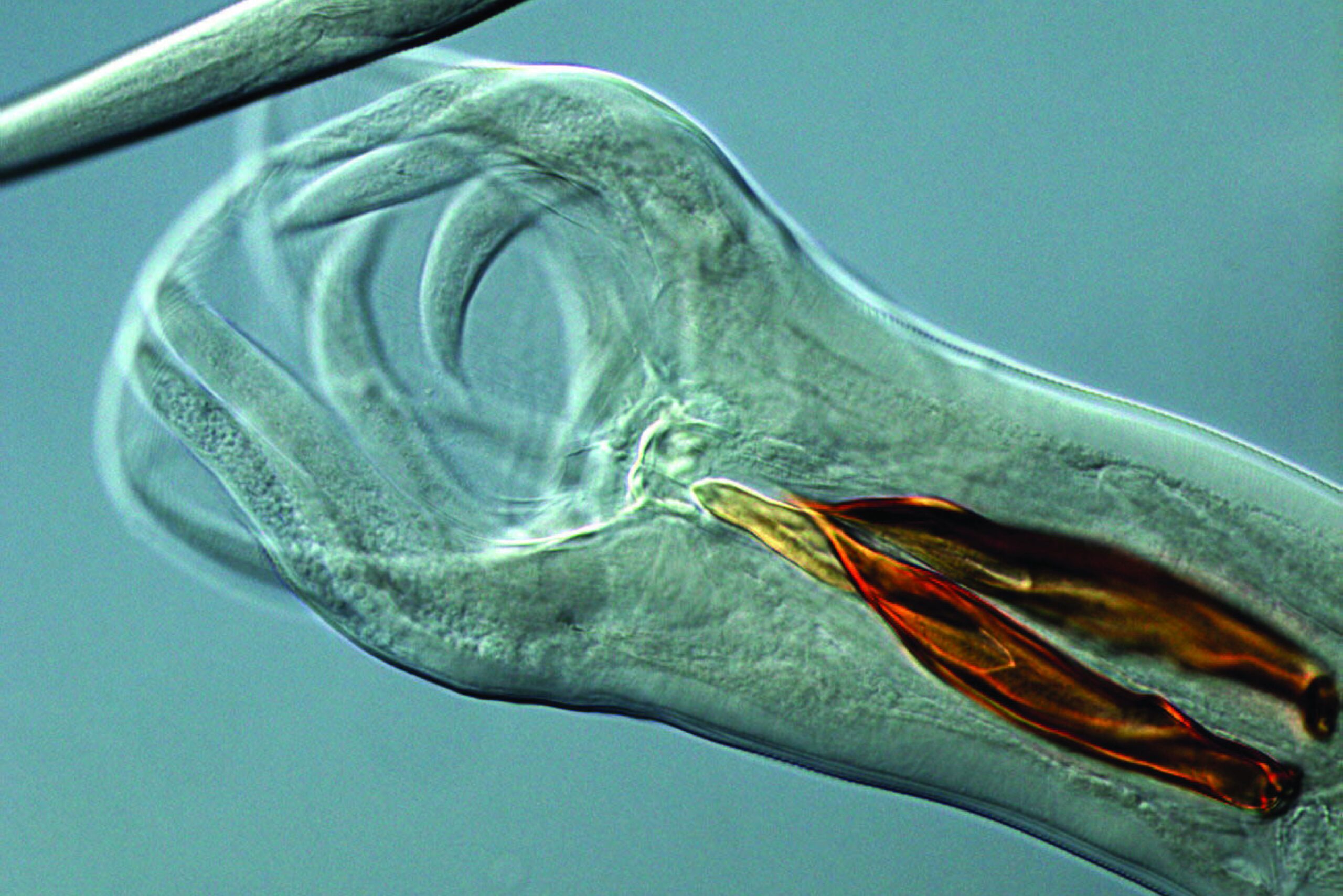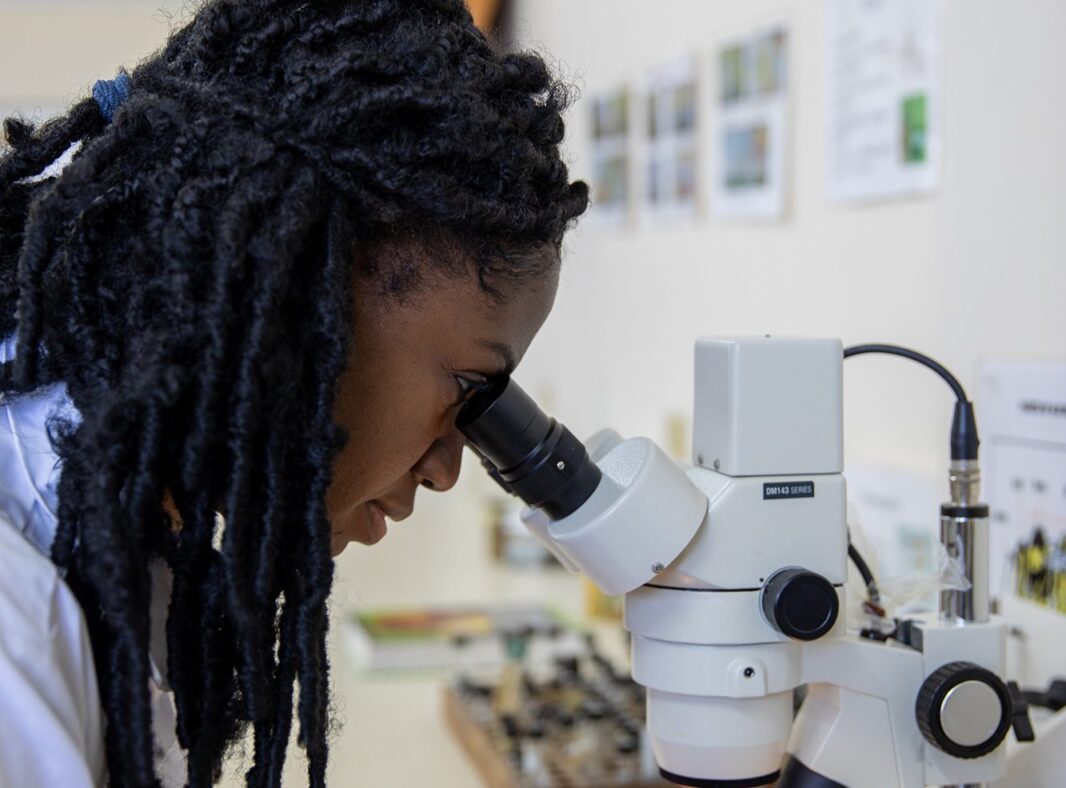STAR IDAZ Approach
Infections with helminthic parasites are a major threat to animal health, welfare, and production and include several zoonoses. If uncontrolled, they have worldwide a serious negative impact on the income of farmers, the viability of livestock industries, and the sustainable development of rural areas. The control of these infections is complicated due to climate change and the expansion of anthelmintic resistance (AR).
STAR IDAZ works together with the Livestock Helminth Research Alliance (LiHRA) to coordinate the activities of the Helminth Working Group.
Information
- DISCONTOOLS - Nematodes
- DISCONTOOLS - Liver Fluke
- COMBAR Best Practice
-
Helminth Infection Control in Farmed Ruminants
PDF from COMBAR (combatting anthelmintic resistance in ruminants)
Working group
LiHRA
STAR IDAZ Helminth WG activities are coordinated by the Livestock Helminth Research Alliance (LiHRA). LiHRA is an international network of researchers, founded in 2014, that brings together, expands and optimizes skills and expertise in different disciplines within livestock helminth research. LiHRA grew out of EU-funded research projects addressing challenges in the control of gastrointestinal nematodes and liver fluke in ruminants and related projects investigating alternative control approaches for livestock parasites.
LiHRA members meet annually to review current challenges, recent results, research gaps and future opportunities for collaborative research. Discussions within LiHRA give rise to opinion papers and have underpinned the initiation of various research and networking projects including the COST Actions COMBAR (2017-2022), ENVIRANT (2024-2029) and the Thematic Network SPARC (2024-2027).

Key People
Johannes Charlier (COMBAR Chair),
COMBAR and LiRHA Argentina
John Gillleard ,
University of Calgary Canada
Georg von samson Himmelstjerna,
Freie Universität Berlin Germany

Diana Williams,
University of Liverpool United Kingdom
Laura Rinaldi ,
Università degli Studi di Napoli Federico II Italy
Edwin Claerebout,
Ghent University Belgium
Peter Geldhof,
Ghent University Belgium
Carlos Lanusse,
CIVETAN Argentina
Candela Canton,
CIVETAN Argentina
Luis Alvarez ,
CONICET Argentina
Ray Kaplan ,
St. George’s University Grenada
Jozef Vercruysse,
Ghent University Belgium
Grace Mulcahy,
University College Dublin Ireland

Philip Skuce,
Moredun Research Institute United Kingdom

Eric R. Morgan,
Queen’s University of Belfast United Kingdom
Felipe Torres Acosta ,
Universidad Autonoma de Yucatán Mexico
Theo De Waal,
University College Dublin Ireland
Stig Milan Thamsborg ,
University of Copenhagen Denmark
Hervé Hoste,
INRAE France
Smaro Sotiraki ,
HAO Demeter, Greece Greece
Andy Greer,
University of Lincoln New Zealand
Jan Van Wijk,
University of Pretoria South Africa

Alasdair Nisbet ,
Moredun Research Institute United Kingdom
Reports
Reports and outcomes from meetings and workshops
Research roadmaps and gap analyses
Gap analysis summary
Six research roadmaps have been developed: a roadmap for diagnostics, a roadmap for therapeutic approaches, two roadmaps for vaccine development (nematodes and liver fluke) and two roadmaps for control strategy (nematodes and liver fluke). The roadmaps were developed through multiple meetings of the WG during 2018 and 2019, adopted by STAR IDAZ in 2019 and published on the website on January 2020. Discussion for an update of the roadmap have started in 2024.
- Roadmap for nematode control strategiespublished 30th October, 2025
- Roadmap for nematode vaccine developmentpublished 30th October, 2025
- Roadmap for development of therapeutics for helminthspublished 9th December, 2024
- Roadmap for development of diagnostic tests for helminthspublished 5th December, 2024
- Roadmap for the development of control strategies for liver flukepublished 3rd December, 2024
- Roadmap for the development of candidate vaccines for liver flukepublished 3rd December, 2024
Projects
Displaying 4 of 2 projects
VIEW ALL PROJECTSSingle-nucleotide polymorphisms in the beta-tubulin gene and its relationship with treatment response to albendazole in human soil-transmitted helminths in Southern Mozambique
Planned Completion date 14/09/2022
![]() Netherlands
Netherlands
An integrated set of novel approaches to counter the emergence and proliferation of invasive and virulent soil-borne nematodes – Project part: Fostering nematode suppression in soils by cover crops and addition of biological antagonists in Organic Farming (NEM-EMERGE)
Planned Completion date 31/12/2027
![]() Denmark
Denmark



